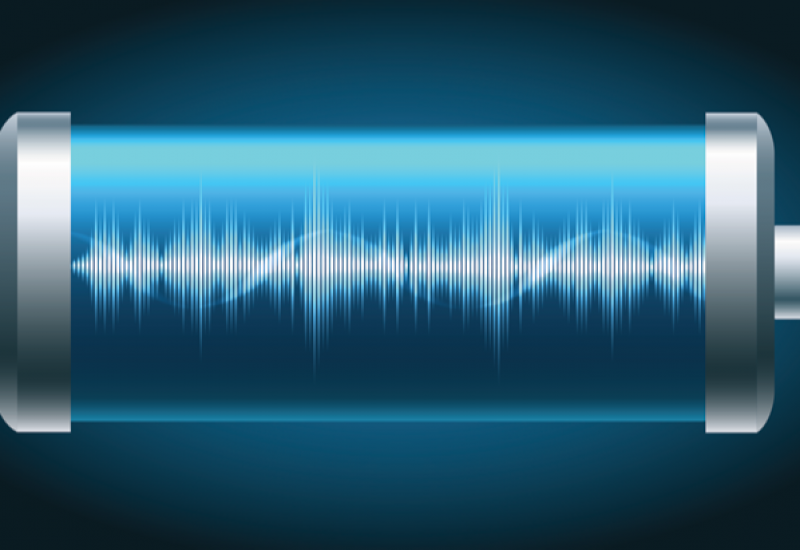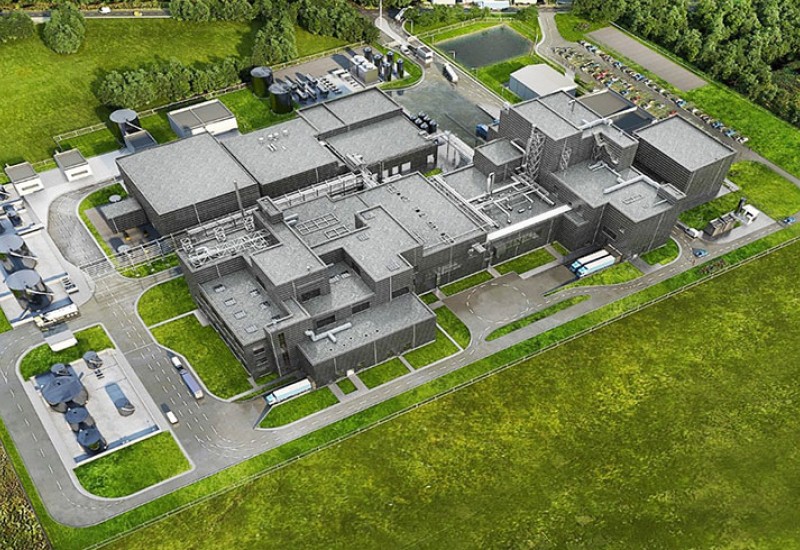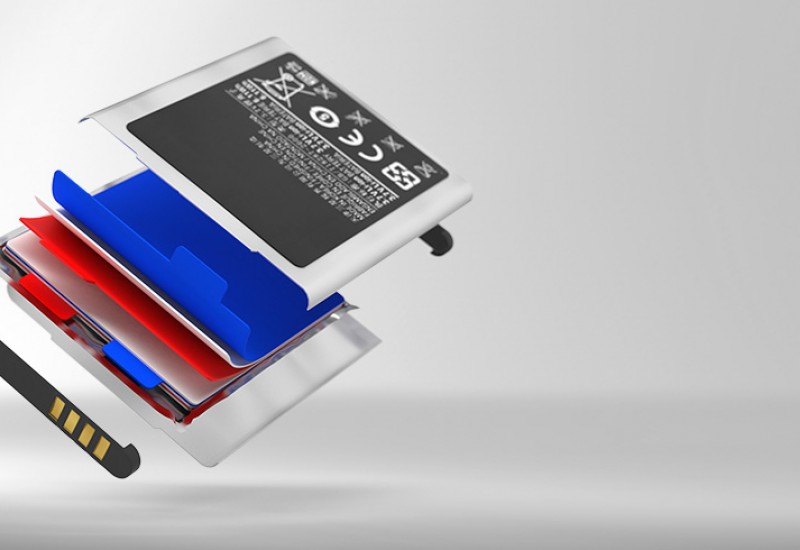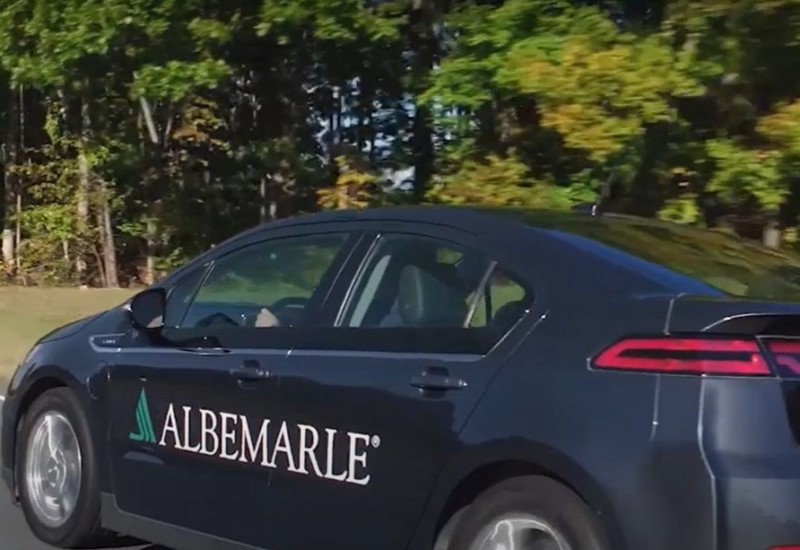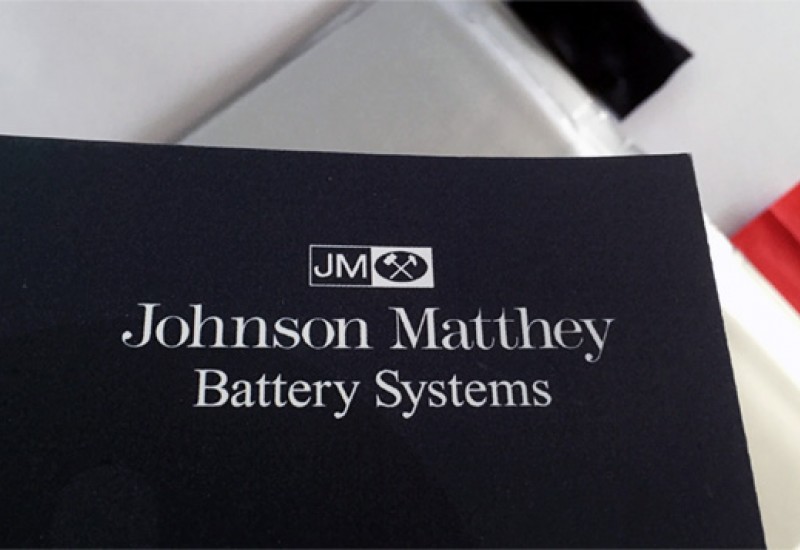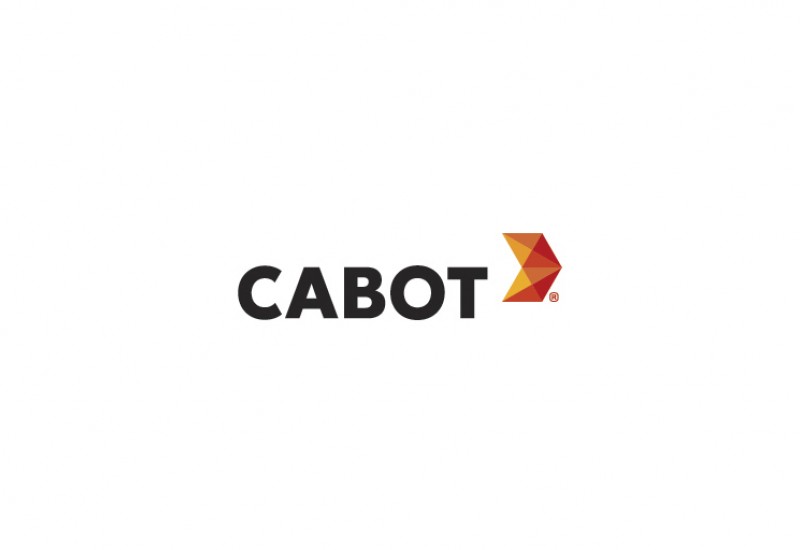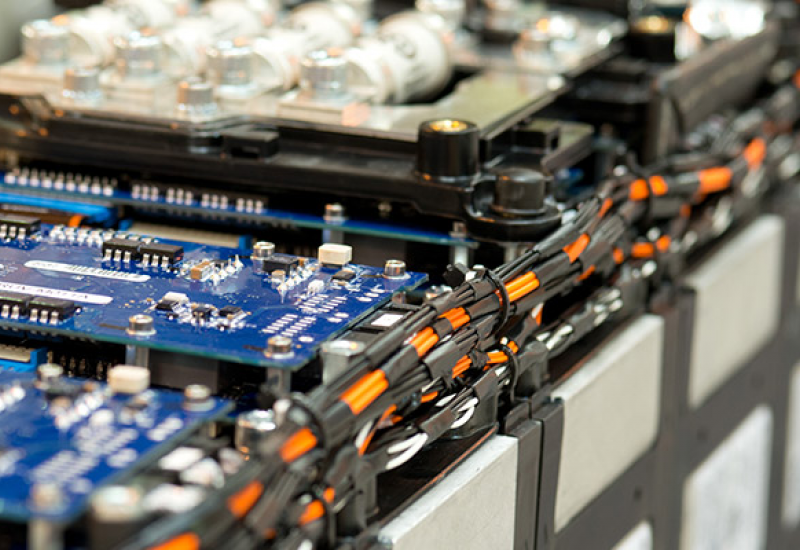Multiple chemical firms in battery advances
Umicore has agreed to develop high-performance catholyte materials for solid-state batteries with Japan’s Idemitsu Kosan, combining its expertise in cathode active materials (CAMs) for lithium-ion batteries with that of Idemitsu Kosan in high-purity lithium sulfide. Catholytes combine CAMs and solid electrolytes, enabling solid-state batteries to achieve better performance.


